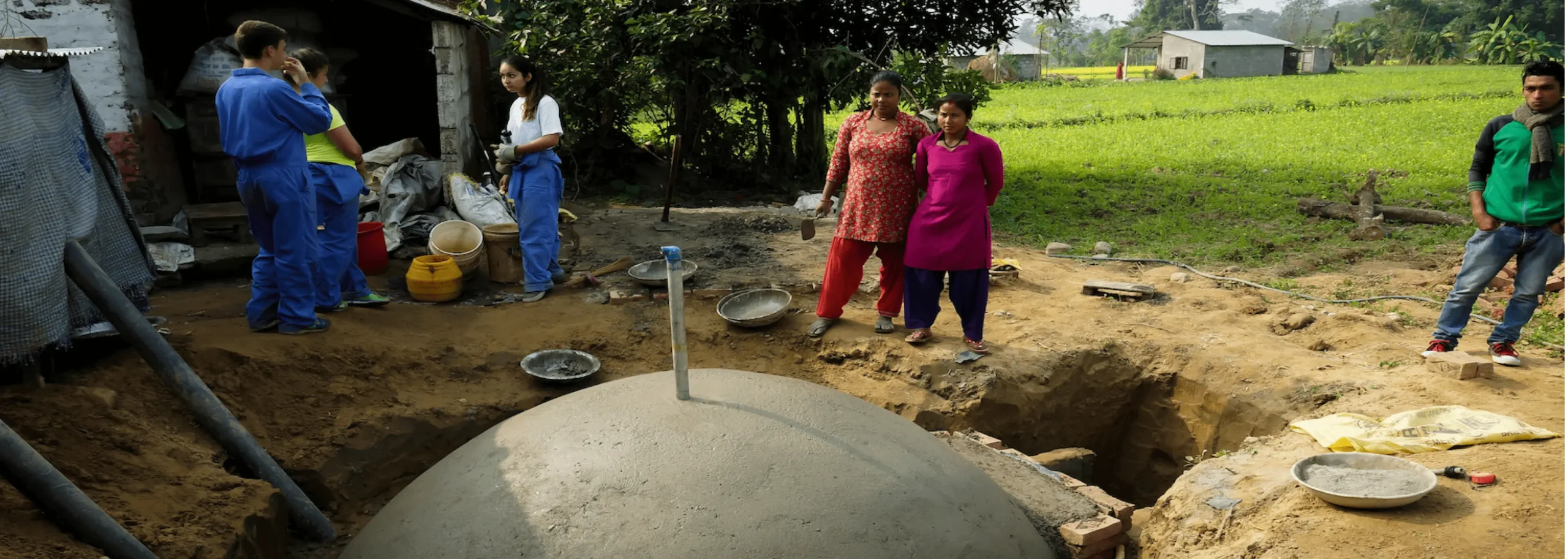We provide strategic solutions in the climate change mitigation space
At CarbonWatch, we pride ourselves on our ability to think out of the box… to formulate innovative and effective solutions that promote sustainable development without comprising the project economics and integrity.


We provide strategic solutions in the climate change mitigation space
At CarbonWatch, we pride ourselves on our ability to think out of the box… to formulate innovative and effective solutions that promote sustainable development without comprising the project economics and integrity.


ABOUT US
CarbonWatch was established to offer strategic solutions in the field of climate change mitigation. We formulate innovative and effective solutions that promote sustainable development without comprising the project economics and integrity.
WHAT WE DO
CarbonWatch aspires to be the ‘go-to’ firm for all things related to climate change mitigation and adaptation.
Carbon consulting
Project identification, development, registration, monitoring, issuance, and the monetizing of your carbon credits.

Green investments
Structuring and investing in instruments backed by carbon credits for projects that can create a positive impact.

Sustainable project
Develop large-scale, high-impact, nature-based solution projects globally. We are targeting a 1 gigatonne CO2e reduction by 2050.


Methane Avoidance in Rice Fields


Replacing traditional 3-stone stoves with improved Cookstoves

Biogas Digester at a household level

Rehabilitating Degraded Land Using Bamboo Plantation
Climate change myths
It will take a concerted effort on a global scale, through new technologies and big changes to how we create and use energy, to reduce the impact of climate change.
The latest report¹ from IPCC suggests that our carbon budget in 2020 was around 600 billion tonnes of CO₂ to keep the temperatures below 1.5°C. Assuming average annual emissions of 40 billion tonnes, we have about 13 years before it becomes too late.
But researchers at IPCC have already considered this and have end of century target of 1.5°C where they assume the temperatures to breach these level mid-21st century before large scales negative emissions are deployed cooling Earth.
Be in no doubt: the current climate change crisis is man-made. It is the direct result of human activity, directly attributed to the accelerating and increased burning of fossil fuels which have filled our atmosphere with CO₂ and other GHG.
In 2016, a review paper¹ summarised the results of 11,944 independent studies on peer-reviewed research related to climate change. The authors found the results of these papers consistent with a 97-percent consensus that human activity is the cause of climate change.
The majority of scientists agreed that the average global temperature in pre-industrial times was lower than today. There is a consensus that the primary cause of climate change is human’s activity.
A plethora of species will go through unparalleled disruption due to climate change, for example by the destruction of habitat. Over 25,000 species are at the risk of extinction and 8% of these, nearly 1,000 species, are at the risk of extinction directly due to climate change.
For example, The Great Barrier Reef suffered its 4th mass-bleaching event in 2022 which devastated almost every coral colony across the 1,400 km stretch. Warmer than normal temperature water forces the coral reef to eject the algae that feed them resulting in the corals starving and dying. In 2022, it was found that over 91% of the reef was affected by coral bleaching.
This bleaching is a direct consequence of climate change. While some lifeforms will adapt to it, many species are facing extinction.
A particularly cold winter does not disprove global warming. Severe winter weather is still to be expected in the coming years, even decades.
An elongated polar vortex can lead to a wavier jet stream with higher latitude peaks and lower latitude troughs. In the other words, when somewhere is abnormally cold, somewhere else is experiencing abnormal hot weather.
In 2018, a journal in Nature Communications showed that there is a relationship between warmer Artic temperatures and colder North American winters.




